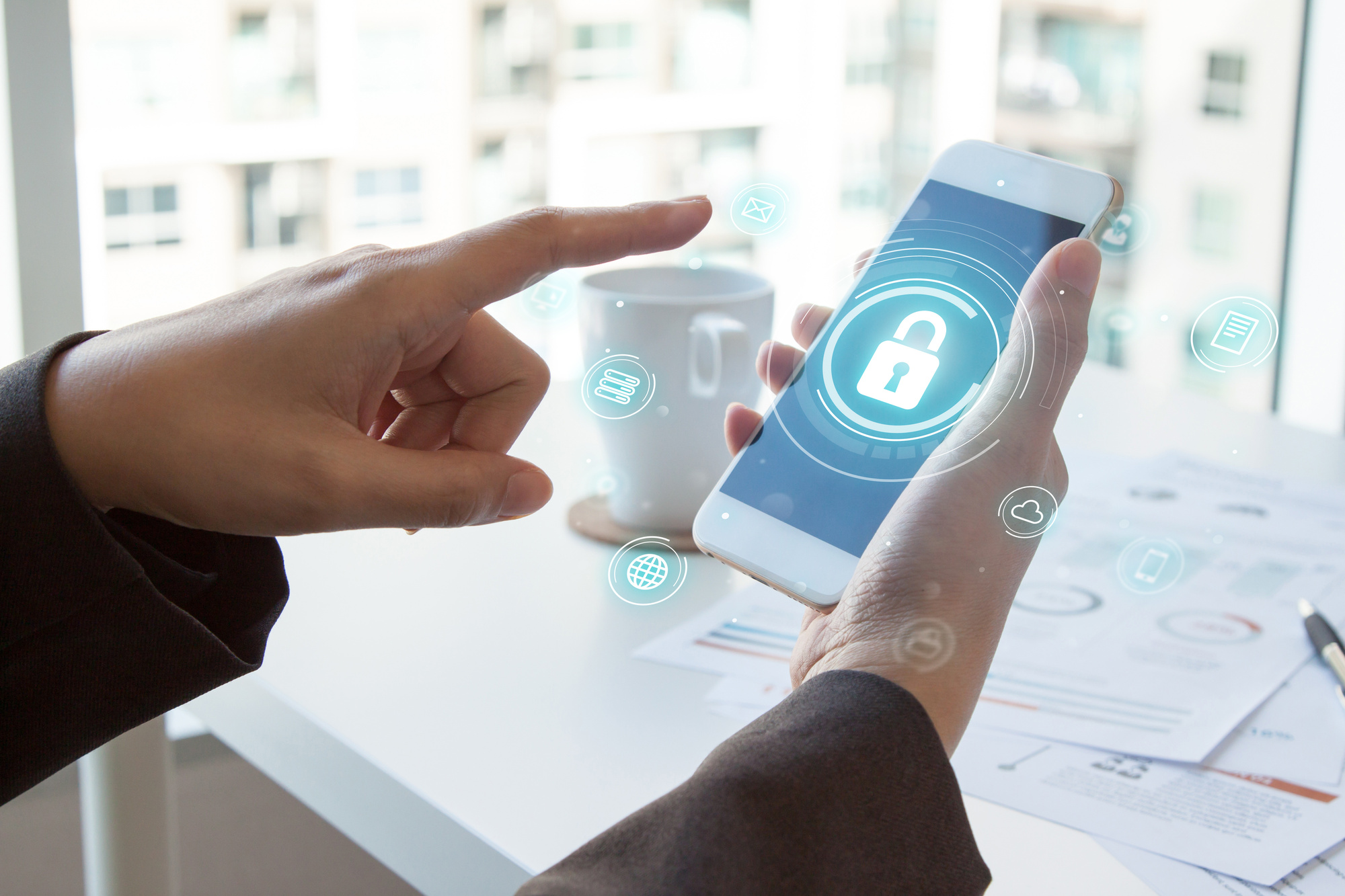Hackers are finding that mobile devices are getting more valuable to attack than computers. Your cell phone knows more about you than your computer. It knows who you talk to and what you said. Better yet, it has all your passwords, family photos, pet pictures, and more.
Mobile devices are a digital passport for hackers to learn everything they need to know about a person. Is your device protected—are you sure? A study found around one in three Americans have had their identity stolen or have been hacked?
Keep reading to learn more about device protection and how you can protect your information.
1. Use Two-Factor Authentication
If you enable two-factor authentication, it’s similar to having two passwords a hacker must get past. Even if they can get past one, they likely won’t have the special code. You should also get a notification of suspicious activity to give you time to change your password.
Until this feature is more widely used, you should have a password manager and two-factor authentication for your devices.
2. Avoid Public WiFi
A hacker can easily monitor unencrypted traffic on public WiFi and also send out malware. All of your activity is vulnerable when you use an unsecured network.
For simple tasks, it’s always better to use your data versus WiFi.
You also have to be leary of WiFi because anyone can set up a hot spot to see your information. They can even set up a hotspot and name it the establishment’s name if you are at a restaurant, hotel, or cafe.
You should avoid using free WiFi. Make sure you encrypt all your web communications and traffic. You can also look into a signal jammer (more information below).
3. Get a Signal Jammer
If you value privacy, this can be a scary time. You don’t know who is looking at your information, search history, and who they are selling that information to.
You can get a WiFi jammer device that transmits synchronized radio waves with the same frequency as your mobile device. These personal protection devices blur the signal.
These signal jammers help block sensitive information from leaking. Even a 5GHz WiFi jammer can block information up to 40 meters in the fixed space.
This is a great way to protect your sensitive information if you are away from home or work, such as places like a hotel or any other public place. This gives you an added barrier to protect your information (and your company’s sensitive data).
4. Log Out of Your Accounts
Another time-saver people like to do all too often is staying logged into accounts. Sure, it’s rather convenient, but if someone gets access to your device, even for a short time, they can see the information on any open apps.
Be sure you log out when you are done using any apps including social media. Some apps will automatically log you out like your bank.
5. Check Your App Permissions
We all download apps for our mobile devices. Do you ever think if these apps are safe? Most people assume these apps are safe because they are in the major app stores, but that is not entirely true.
It’s imperative that you check the privacy and user agreements. Also, you should go into your settings. Turn off trackers and access that can compromise your security.
Apps on your phone can access all kinds of information such as browsing history, contacts, location, and saved logins. Even with encryption, a spyware app can bypass that information and monitor what you type before it gets encrypted.
To get this installed, hackers either have to physically have your phone to install the app, or they can do it through shady apps or stores. The best thing you can do is always lock your screen and only download trusted apps.
6. Lock Your Device and Don’t Store Passwords
You should always lock your phone either by using a facial ID or a passcode. This way your phone is harder to access.
You should also not save your logins and passwords for apps, especially sensitive accounts like banking. Ifyou are worried about remembering passwords, you should use a password manager that securely stores this information for you. Otherwise, if you allow automatic sign-ins, anyone with your phone can access your information.
7. Install Security Software
Even if you lock your phone, some hackers can still gain your information. Another way to protect your information is to install security software. This goes beyond the standard email encryption software and anti-virus program. It offers remote control of your tablet or phone in case someone swipes your device.
These programs will help you track your device with GPS features. They can also lock or shut down your device remotely and even delete any sensitive information. This is another added safety feature to help you recover your device and save your information from getting into the wrong hands.
You should also have protection against malware and spyware on your phone. Don’t worry—these apps won’t take up much space and cause performance issues. They protect you from hackers gaining information that you may not even know they can get.
Get Added Device Protection Today
With more and more attacks on mobile devices, it’s important to protect your devices with these tips. Make sure you avoid public WiFi, get a signal jammer when needed, download security software, watch your app permission and what you download, and always lock your device. For extra device protection, you should never store your passwords and add a passcode.
Are you looking to block a signal for your protection? Check out our cell phone jammers today.

